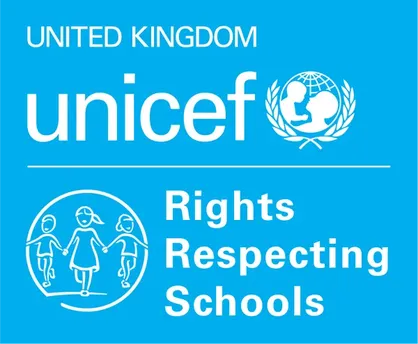Please note this is the 2016 report page.
The Rights Respecting Schools Award (RRSA) has a profound impact on children and young people, and the school as a whole.
When the principles and values of the UN Convention on the Rights of the Child (CRC) are introduced and reinforced throughout school life, children and the wider school community benefit.
As schools implement the RRSA strands, they enable children and young people to make informed decisions and to grow into confident, active and empowered citizens.
The pattern emerging from self-evaluation by schools and local authorities, by RRSA Professional Advisers and assessors and by external researchers is consistent for all types of schools in England, Wales, Scotland and Northern Ireland.
What are the main areas of impact?
- Improved self-esteem and wellbeing
- Improved relationships and behaviour (reductions in bullying and exclusions and improved attendance)
- Improved engagement in learning
- Positive attitudes towards diversity in society and the reduction of prejudice
- Children and young people’s enhanced moral understanding
- Children and young people’s support for global justice
- Children and young people become more involved in decision-making in schools.
What does our latest impact analysis show?
Our latest impact evaluation analysis* from almost 500 Rights Respecting Schools shows that:
- 98% of headteachers believe that the Rights Respecting Schools Award (RRSA) has had a positive impact on relationships and behaviour
- 97% of headteachers considered that working on the RRSA improved children’s and young people’s respect for themselves and others
- 93% of headteachers considered that the Award contributed to children and young people being more engaged in their learning
- 93% of headteachers considered that the RRSA impacted on children and young people’s positive attitudes to diversity & overcoming prejudices
- 76% of headteachers stated that the RRSA has had a positive impact on reducing exclusions and bullying
Parents have also reported support for the values and principles of the CRC. This is based on the beneficial impact they see on their children when they adopt rights respecting language and attitudes.
*data collected between January 2014 and December 2015. Schools that are being assessed by Unicef UK for Silver and Gold accreditations collect this data using a Unicef UK impact evaluation form.
What are the impact indicators?
We consider our work with schools to be successful if:
- The school becomes right respecting
- Nationally recognised measures of success are met and exceeded
Progress towards these goals is monitored through a range of internal and external mechanisms, including:
- Ofsted judgements
- Performance in national assessments (Key Stage 2 performance, GCSE 5 A*- C, Contextual Value Added information)
- Attendance and exclusion data
- Silver and Gold accreditation visit reports
- Impact survey results
- Student and staff attitudes
- Parental opinions and engagement



